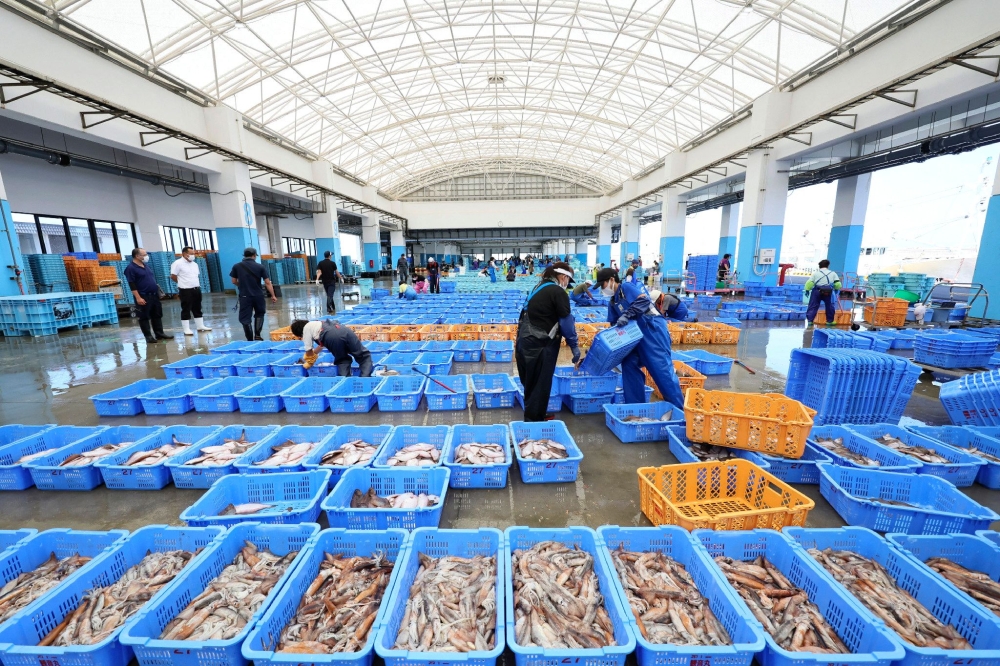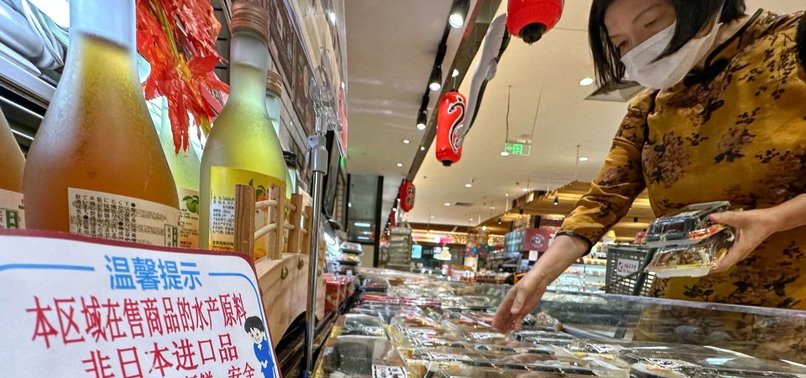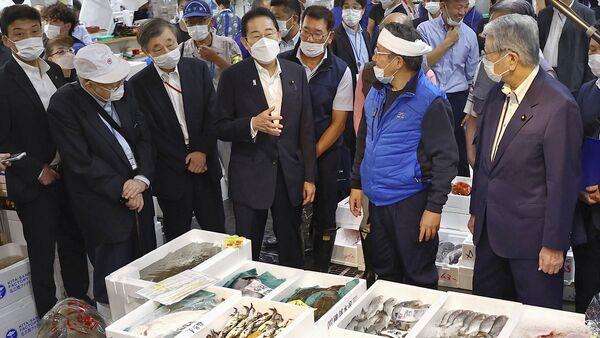Japan has told the World Trade Organization (WTO) that they strongly disagree with China’s decision to stop importing Japanese seafood due to concerns about water released from the Fukushima nuclear plant. Japan thinks this is a completely unacceptable move. In response to China’s notification to the WTO about suspending Japanese seafood imports, Japan plans to explain its reasons in WTO committees and is asking China to cancel this action right away.
Some Japanese officials have hinted that Japan might make a complaint to the WTO, and the U.S. ambassador to Japan has said that the United States would support this.

Japan plans to explain the safety of the released water at international meetings, including the ASEAN Summit in Indonesia and the G20 Summit in India this month. Hirokazu Matsuno, Japan’s chief cabinet secretary, mentioned this to reporters on Tuesday.
Matsuno also said that there is no decision yet on whether there will be a meeting between the leaders of Japan and China. Both Japanese Prime Minister Fumio Kishida and China’s Premier Li Qiang will be present at the ASEAN and G20 summits, but Chinese President Xi Jinping will not attend either of these conferences.
In another statement made on Monday, Japan’s foreign ministry mentioned that Japan has requested that China have talks regarding the import ban using the rules outlined in the Regional Comprehensive Economic Partnership (RCEP) trade agreement.

Even though seafood represents a small fraction (less than 1%) of Japan’s worldwide trade, where automobiles are the major product, Japan did export approximately $600 million worth of aquatic products to China in 2022. This makes China the largest market for Japanese exports of these products, with Hong Kong coming in as the second-largest market.
SOURCE: REUTERS

